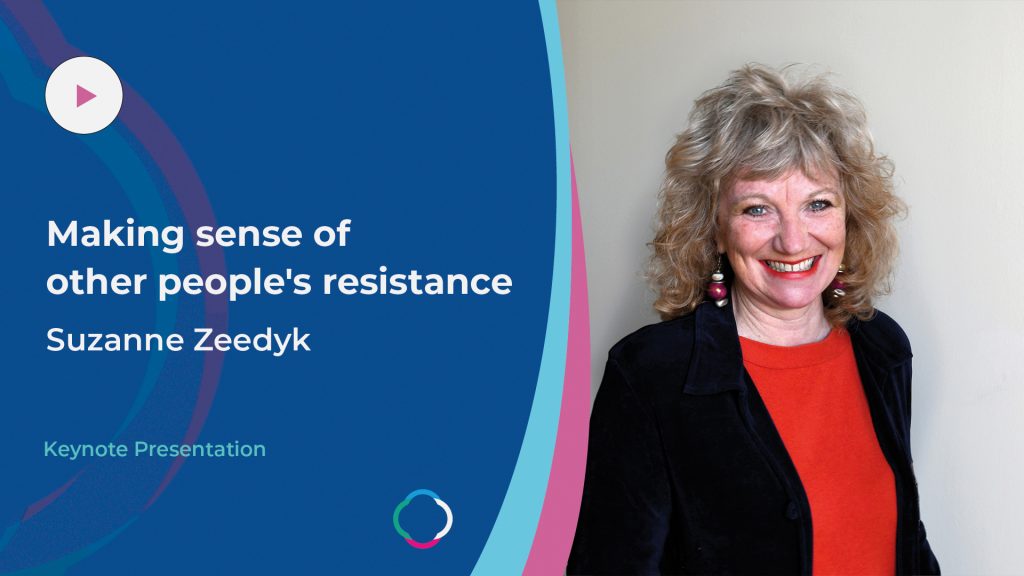Promoting mental health and wellbeing with men and boys

In May 2014 the Movember Foundation commissioned the Centre for Men’s Health, Leeds Beckett University, in collaboration with the Men’s Health Forum (England & Wales), to gather the current research evidence and practical (‘tacit’) knowledge about the core elements that make for successful work with boys and men around mental health promotion, early intervention and stigma reduction.
APPROACH
The work involved several stages of evidence gathering including: a literature review; a scoping of existing UK based projects; the establishment of an international ‘investigative network’ of experts who could gather ‘in field’ knowledge from various geographical areas and communities of practice; an in-depth examination of fifteen UK (and Ireland) based projects and; an expert symposium of individual and organisational experts in more senior positions. This information was then considered (analysed) both as individual work packages but also as an integrated whole to provide a view of what works, for which boys and men, in what contexts and why in relation to mental health promotion, early intervention and stigma reduction. This is the most comprehensive piece of work to date in this area.
KEY FINDINGS
- The settings within which interventions take place are critical to the creation of a safe space. Settings need to be ‘male friendly’ and culturally sensitive to the specific requirements of different groups of men and boys
- Interventions should take a positive approach to working with boys and men. The centrality given to working in a ‘male positive’ manner is often crucial to sustained involvement
- The style and language used can make a significant difference to successfully engaging men and boys. Using male oriented terms (e.g. ‘activity’ rather than ‘health’; ‘regaining control’ rather than ‘help-seeking’) makes projects more familiar and less off-putting
- Staff/facilitator characteristics and skills must align with interventions values and approaches.
Taking a non-judgmental and empathetic approach to working with men and boys is vital in providing the right type of environment and supportive approach - Male familiar activity-based interventions seem to offer promise. Activities can provide a ‘hook’
to encourage engagement into interventions and provide a group context which promotes social
inclusion and enjoyment - Successful interventions are ‘grounded’. Being community based allows interventions to remain
close the men and boys they are working with assists in promoting social inclusion - An awareness of the different socio-cultural contexts of groups of men and boys, such as ethnic minority groups, as well gay and bisexual men, is important. Inequalities faced by different groups impact on mental wellbeing and
interventions need to feel relevant to them - Partnerships are crucial across all phases of intervention development and implementation. Partnership working offers a number of benefits for services, including creating credibility and extending reach and resources. Partnerships need to be sensitive to the ‘male positive’ approach needed and should be aligned with attributes which promote positive working with men and boys around their mental health
- Virtual or ‘arms-length’ approaches, such as online settings and telephone services, may offer a useful means for working with men and boys given the element of anonymity, however this in an area where further information about effectiveness is needed
- Integrating the key elements that are conducive to working with men and boys, such as those listed above, allows interventions to work synergistically and therefore helps ensure maximum and cohesive impact
- The wider policy and economic context undoubtedly has bearing on the landscape in which services and interventions are provided, and whether the above elements can be facilitated.














